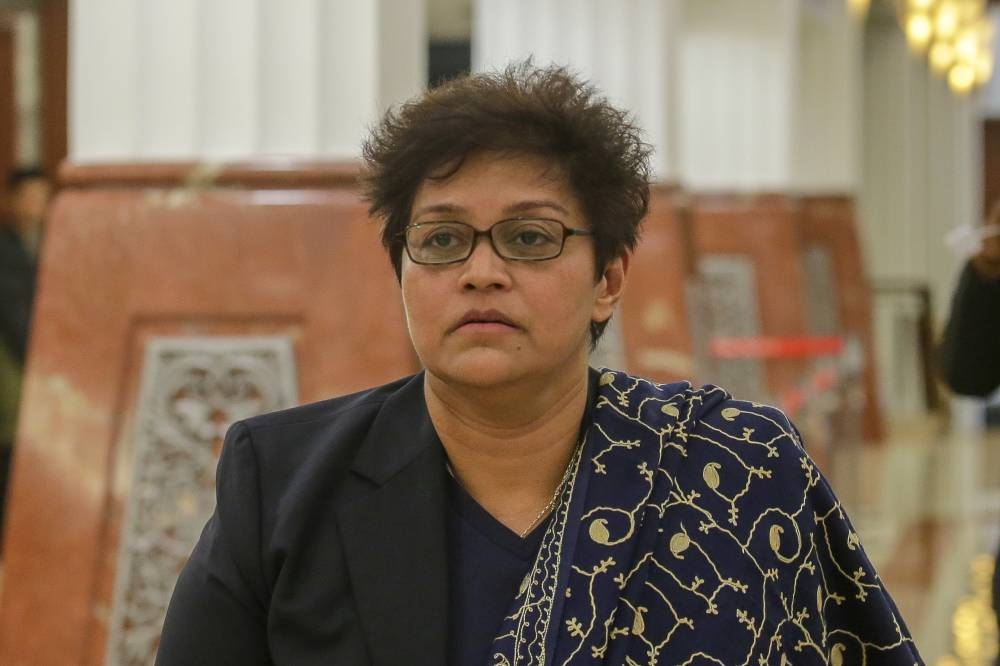JUNE 20 — Pengerang MP Datuk Seri Azalina Othman Said, who is also the Prime Minister’s special adviser on law and human rights, has just been heard on law reforms, again.
You can almost hear her screaming for legal reforms to be hastened.
She has called for the setting up of a Law Reform Commission.
As Azalina said, laws must evolve just as society progresses according to the values of the time. The law must not stand still. It must keep abreast with time.
One of the most effective ways to achieve this is through an independent law reform body, like the UK Law Reform Commission. Established by an Act of Parliament — Law Commission Act 1965 — it serves to keep the law of England and Wales under review and to recommend reform where it is needed.
The aim of the Commission is to ensure that the law is fair, modern, simple and cost effective. There are similar bodies throughout the world.
According to former Court of Appeal judge Dato’ Seri Mohd Hishamudin Yunus, the establishment of these law reform bodies stems from the realisation that it is virtually impossible for the legislature alone (i.e. Parliament) to monitor every area where law reform may be needed.

A Law Reform Commission is a body established under the law — making it a statutory body — to review various areas of law and to recommend changes. Such a body is independent of the government, “predicated on the assumption that independent thinking will produce better law.” (Mohd Hishamudin Yunus, Creating a Law Reform Commission in Malaysia, 2016)
It is not that the country is without a law reform body. There is the Malaysia Law Reform Committee (MLRC) established in 2009. It was the first move to establish a general law reform body in the country. Its primary purpose was to review and suggest changes to outdated laws.
But as rightly commented by Hishamudin, it was headed by a minister in the Prime Minister’s Department responsible for judicial and legal affairs and therefore not an independent law reform body.
Hishamudin wrote:
“The members of the MLRC are mainly legislators from the ruling party and officers from the Attorney General’s Chambers, with one representative each from academia and the Bar Council. None of the members of the committee are devoted to the task full time.”
A member of the committee Dr Azmi Shahrom, who represented the academia, once wrote:
“The MLRC also did not have any real authority and hence, if I am to be brutally honest, we were not taken particularly seriously.” What’s needed, therefore, is a “properly constituted and funded commission, with public participation.” An independent Law Reform Commission of retired judges, academicians and lawyers, as suggested by Azalina, is indeed timely.
Will Azalina lead our lawmakers to walk the talk?
* This is the personal opinion of the writer or publication and does not necessarily represent the views of Malay Mail.





















